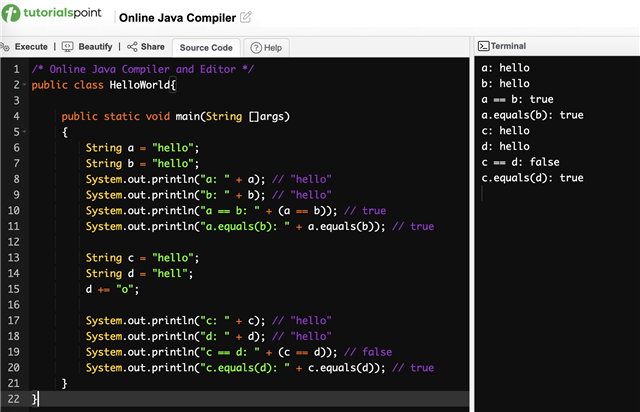I have a maybe silly question:
Some devices have the same screen resolution (e.g. Edge 530 and Edge 540) but are different to handle because of different fontsizes.
I do it by testing a teststring length by pixel to check which device it is. That works but I wonder:
is there no other possibility to ask which device it is?
All I found is DeviceSettings.partNumber, but that returns a string which (at first sight) has nothing to do with the device name.



